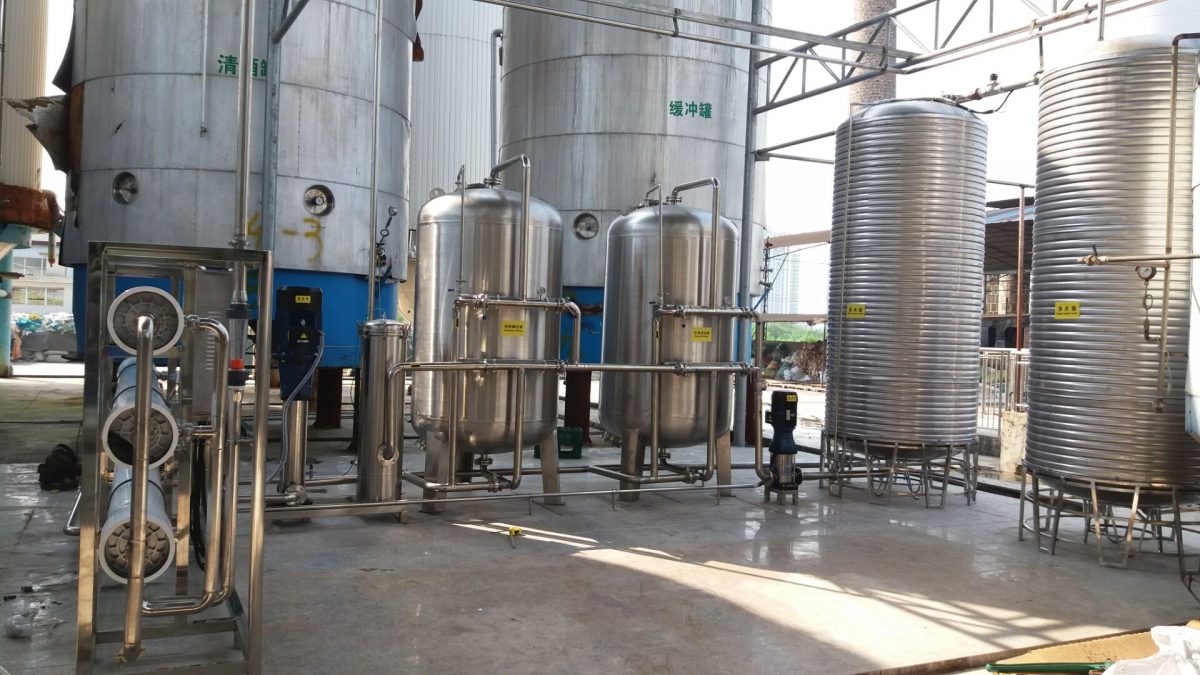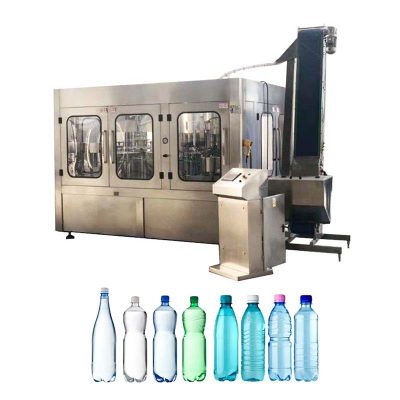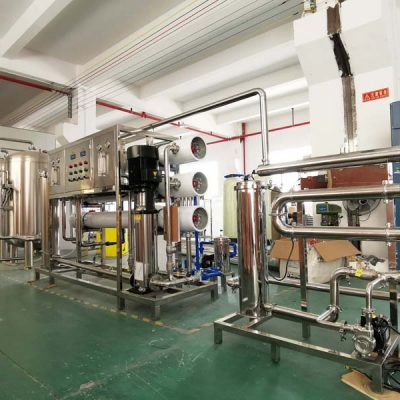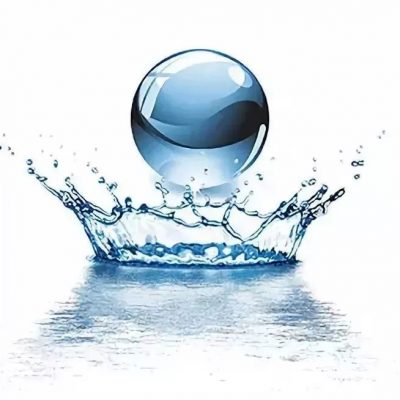Why you need a Drinking Mineral Water Plant in Kenya ?
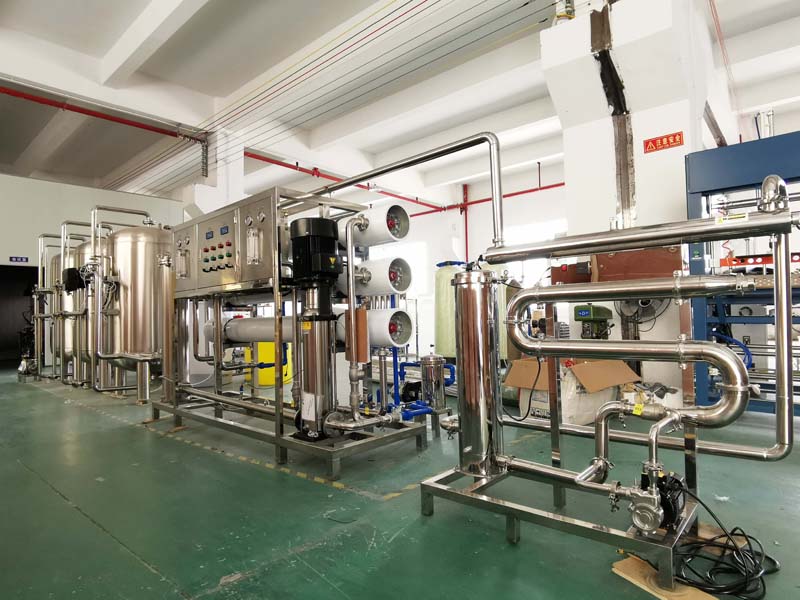
How to make Industrial water treatment plant control in Kenya
April 28, 2020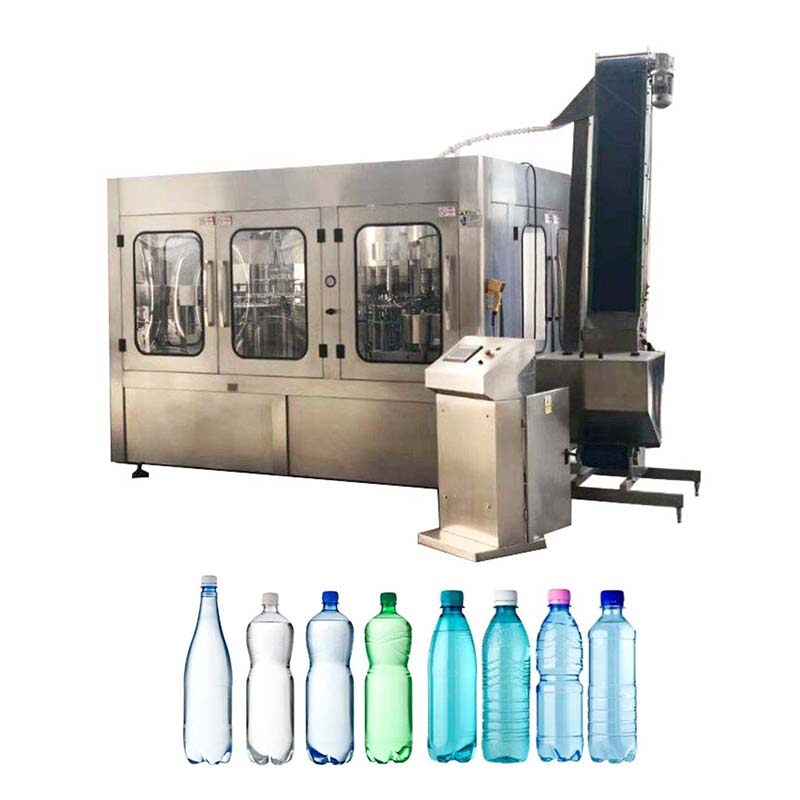
Drinking Mineral Water Plant
July 21, 2020Why you need a Drinking Mineral Water Plantl in Kenya ?
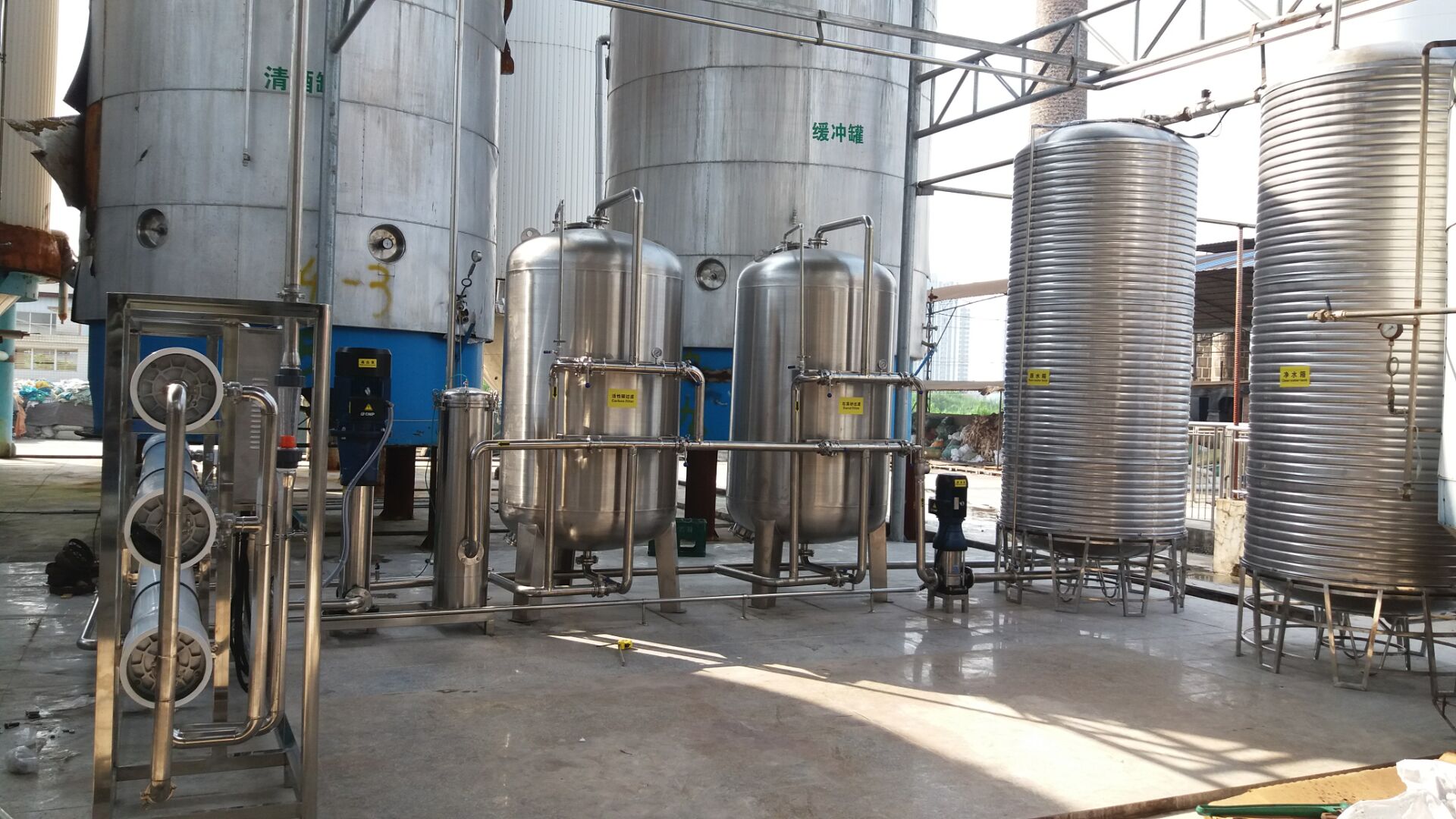
Why you need drinking mineral water plant in Kenya
As you know , in Keny ya , you couldn't find some good and clean water to drink , so Kenya people need some drinking mineral water plants,
As people become more health conscious, the demand for bottled water is increasing at a rapid rate. Bottled water provides easy transportability and assured water quality. With our several years of experience in the Drinking Mineral Water Plant, we have developed comprehensive, economically viable packages, such that the capital outlay is optimized. Our packages are offered in modules so that they can be upgraded at a later date as the demand increases. Water as it occurs in nature is very “pure”, and whatever may be the source, always contains impurities either in solution or in suspension. The determination of these impurities makes analysis of water necessary and removal and control of these impurities make water treatment essential. The major impurities of waters can be classified in three main groups: Non-ionic & undissolved physical impurities. [Turbidity, Odour, Colour etc] Ionic and dissolved impurities [Ca, Mg, Na, So4, Cl, iron etc] Microbiological impurities [ Bacteria, Virus, Pathogens etc] There are various processes employed to purify the water and various combinations of the processes are incorporated to ensure that final composition of the product confirms to the most stringent norms. Typically a Drinking Mineral Water Plant may consist of: Drinking Mineral Water Plant Packaging Plant The Water Treatment Plant consists of One or All oft the below mentioned pocess: Chlorine/Hypochlorite Dosing System Chlorine/Hypo chlorite dosing system is done in the raw water for disinfection / oxidation of iron and manganese (if present) in the water before filtration. About 3-4 ppm of sodium hypo chlorite solution is dosed in raw water storage tank, which reacts with water to form hypo chlorite acids which acts as disinfecting agent. A LDPE chemical preparation tank with an electronic diaphragm type dosing pump is provided for this Raw Water Storage Tank Raw water, after chlorination is required to be stored to achieve a detention time as per process Pressure Sand Filter Activated Carbon Filter Antiscalant Dosing System The hardness salts of calcium & magnesium are likely to be precipitated if concentration exceeds its solubility limit & it may scale the membranes resulting in poor treated water quality from RO System. To prevent this Antiscalant dosing (scale inhibitor) system is provided. The dosage rate is 4-5 ppm. A LDPE chemical preparation tank with an electronic diaphragm type dosing pump is provided for this Micron Filters Micron Filtration is achieved by a series of filtration with the 20/10 Micron, 5 Micron, and 1 Micron Cartridge Filters. This is a Consumable item and should replaced periodically Reverse Osmosis System Ultra Violet Sterilizer OZONE GENERATOR Though RO System rejects all the micro – organisms like bacteria & virus; it may redevelop in packed bottles over a period of time. Hence, it is necessary to disinfect RO Product water prior to bottling. In the Ozone Generator, Ozone is formed by energetic excitation of molecular oxygen, causing some of it to disassociate into oxygen atoms, which can recombine with oxygen. The most practical way to do this in an ozone generator is via a method called "silent-arc" or "corona" or "brush" discharge. The discharge occurs when charged electrons flow through a gas containing oxygen. Ozone is used in water treatment for its oxidative qualities. Ozone oxidizes both organic and inorganic substances; removes unwanted taste, odor and color; and provide effective disinfection. Ozone is extremely efficient as a bactericide, fungicide and virucide, killing even chlorine-resistant Cryptosporidium. Another benefit is that ozone does not lead to the formation of trihalomethanes (THMs), which are formed when chlorine is added to raw water containing humic materials. Once a THM is formed, it is difficult to oxidize, even with ozone.
As people become more health conscious, the demand for bottled water is increasing at a rapid rate. Bottled water provides easy transportability and assured water quality. With our several years of experience in the Drinking Mineral Water Plant, we have developed comprehensive, economically viable packages, such that the capital outlay is optimized. Our packages are offered in modules so that they can be upgraded at a later date as the demand increases. Water as it occurs in nature is very “pure”, and whatever may be the source, always contains impurities either in solution or in suspension. The determination of these impurities makes analysis of water necessary and removal and control of these impurities make water treatment essential. The major impurities of waters can be classified in three main groups: Non-ionic & undissolved physical impurities. [Turbidity, Odour, Colour etc] Ionic and dissolved impurities [Ca, Mg, Na, So4, Cl, iron etc] Microbiological impurities [ Bacteria, Virus, Pathogens etc] There are various processes employed to purify the water and various combinations of the processes are incorporated to ensure that final composition of the product confirms to the most stringent norms. Typically a Drinking Mineral Water Plant may consist of: Drinking Mineral Water Plant Packaging Plant The Water Treatment Plant consists of One or All oft the below mentioned pocess: Chlorine/Hypochlorite Dosing System Chlorine/Hypo chlorite dosing system is done in the raw water for disinfection / oxidation of iron and manganese (if present) in the water before filtration. About 3-4 ppm of sodium hypo chlorite solution is dosed in raw water storage tank, which reacts with water to form hypo chlorite acids which acts as disinfecting agent. A LDPE chemical preparation tank with an electronic diaphragm type dosing pump is provided for this Raw Water Storage Tank Raw water, after chlorination is required to be stored to achieve a detention time as per process Pressure Sand Filter Activated Carbon Filter Antiscalant Dosing System The hardness salts of calcium & magnesium are likely to be precipitated if concentration exceeds its solubility limit & it may scale the membranes resulting in poor treated water quality from RO System. To prevent this Antiscalant dosing (scale inhibitor) system is provided. The dosage rate is 4-5 ppm. A LDPE chemical preparation tank with an electronic diaphragm type dosing pump is provided for this Micron Filters Micron Filtration is achieved by a series of filtration with the 20/10 Micron, 5 Micron, and 1 Micron Cartridge Filters. This is a Consumable item and should replaced periodically Reverse Osmosis System Ultra Violet Sterilizer OZONE GENERATOR Though RO System rejects all the micro – organisms like bacteria & virus; it may redevelop in packed bottles over a period of time. Hence, it is necessary to disinfect RO Product water prior to bottling. In the Ozone Generator, Ozone is formed by energetic excitation of molecular oxygen, causing some of it to disassociate into oxygen atoms, which can recombine with oxygen. The most practical way to do this in an ozone generator is via a method called "silent-arc" or "corona" or "brush" discharge. The discharge occurs when charged electrons flow through a gas containing oxygen. Ozone is used in water treatment for its oxidative qualities. Ozone oxidizes both organic and inorganic substances; removes unwanted taste, odor and color; and provide effective disinfection. Ozone is extremely efficient as a bactericide, fungicide and virucide, killing even chlorine-resistant Cryptosporidium. Another benefit is that ozone does not lead to the formation of trihalomethanes (THMs), which are formed when chlorine is added to raw water containing humic materials. Once a THM is formed, it is difficult to oxidize, even with ozone.
Related posts
April 28, 2020

